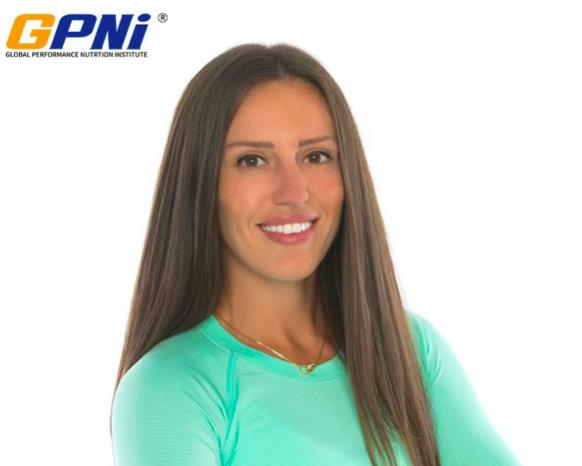Nutrition is and will always be a topic of debate. How can it not!? Everyone eats (we have too!) and there are so many different styles, cultures and opinions that most everyone thinks they know best! Want to lose weight? Stand on the corner and everyone will share a story about a friend who did XYZ and it worked great. Throw in social media (fit influencers) and nutrition misinformation spreads faster than wildfires! Here are three nutrition myths that are sooooo outdated yet still circulating around.
Fats are bad!
This one screams the 80’s when snackwells and low fat EVERYTHING were so popular. Sadly, people today still think eating fats make you fat. This myth couldn’t be more wrong! In fact Fats are an essential part of our diet and play several crucial roles in our body. Fats are a concentrated source of energy, providing 9 calories per gram. They serve as a stored form of energy that the body can use when immediate energy needs are not met by carbohydrates. They are essential for the synthesis of hormones, including steroid hormones like testosterone and estrogen. Other roles include brain function, nutrient absorption and meal satiety. Be sure to include healthy fats, such as monounsaturated and polyunsaturated fats which are typically found in nuts, seeds, fish, and vegetable oils.
Eating after 7pm makes you gain weight
The idea that eating after 7 PM or any specific time of day causes weight gain is a common misconception. As if calories have a curfew or a cutoff time where they magically double once the clock hits 7pm! The timing of your meals and snacks does not directly influence weight gain; it’s the total number of calories you consume throughout the day that matters. Now there are plenty of reasons to not eat late at night but these are not related to weight. Late night eating can lead to indigestions, dental caries and sleep disruptions.

Supplements are bad
Supplements are a multibillion-dollar industry and definitely get a bad rap. This most likely stems from the fact that some supplements contained harmful substances or have accuracy/purity issues. If purchasing supplement remember It’s crucial to choose reputable brands or check for third party testing. Supplements can be valuable for individuals who have specific nutrient deficiencies or are at risk of not getting enough essential vitamins and minerals through their diet alone. Another interesting perspective on this myth is the consumption of fortified foods. There are numerous food products that have micronutrients added to them (hence the name fortified). These include vitamin D added to dairy products, folate added to cereals and vitamin D/Calcium or iron added to orange juice. In essence they foods are being supplemented with micronutrients!
It is important to remember that most of these myths are rooted in misinformation and can even lead individuals to make poor choices that negatively affect their health. It’s crucial to rely on reputable sources and evidence-based information when making nutrition choices. Consulting with a registered dietitian or nutrition professional can you navigate through the vast amount of nutrition information (and misinformation) out there.

Editorial By Cassie Evans
Cassie Evans is a registered dietitian and a published researcher. She has studied sports nutrition and completed an internship with the University of Miami Sports Nutrition Team and Nova Southeastern University’s sports performance team. She holds a Bachelor of Science in Exercise and Sports Science and received her CISSN in 2018. She is currently pursuing her doctorate in Human and Sports Performance from the Rocky Mountain University of Health Professions.
References
- Field CJ, Robinson L. Dietary Fats. Adv Nutr. 2019 Jul 1;10(4):722-724. doi: 10.1093/advances/nmz052. PMID: 31147674; PMCID: PMC6628852.
- Hill JO, Wyatt HR, Peters JC. The Importance of Energy Balance. Eur Endocrinol. 2013 Aug;9(2):111-115. doi: 10.17925/EE.2013.09.02.111. Epub 2013 Aug 23. PMID: 29922364; PMCID: PMC6003580.
- Wierzejska RE. Dietary Supplements-For Whom? The Current State of Knowledge about the Health Effects of Selected Supplement Use. Int J Environ Res Public Health. 2021 Aug 24;18(17):8897. doi: 10.3390/ijerph18178897. PMID: 34501487; PMCID: PMC8431076.







